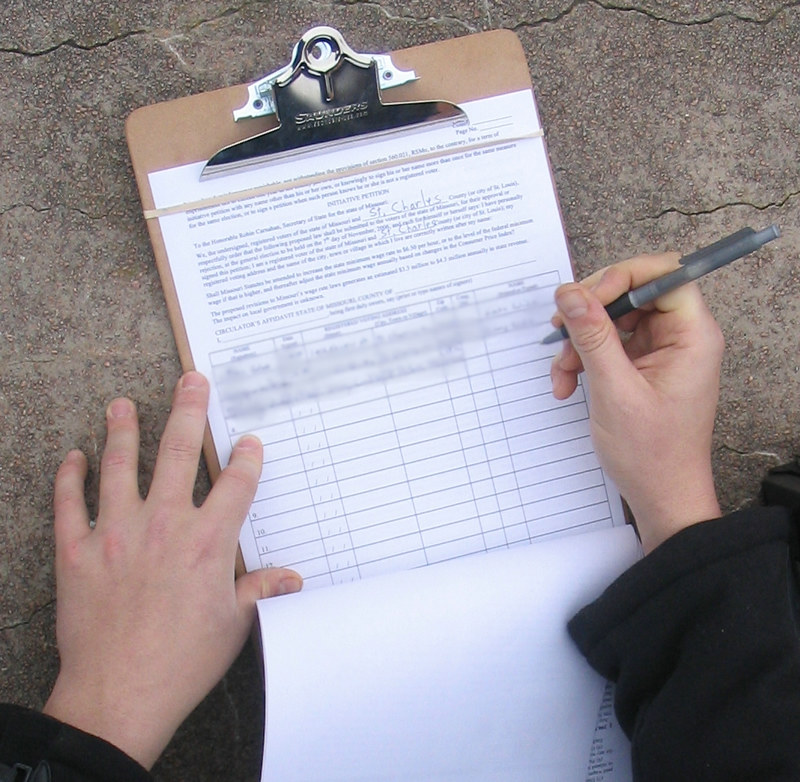Lawsuit Over Disqualified Signatures For Jones Borrowing Referendum Appears To Move Forward

Photo: flckr.com. Creative commons
The lawsuit filed by a group of 40 Amherst residents challenging the disqualification of signatures on a petition to initiate a voter referendum on borrowing $35.6 million for the renovation and expansion of the Jones library appears to have been expedited on Friday. At an emergency hearing on Friday July 16, Northampton Superior Court Judge Richard J. Carey said he is willing to set a hearing for August 14, 2021 to examine the collected signatures to determine whether any had been unlawfully disqualified.
Plaintiffs claim that over 100 signatures of the 1088 collected and of the 246 that were disqualified by Amherst’s Assistant Town Clerk were rejected for petty and unlawful reasons such as including or excluding a middle initial, abbreviating words like Street, Road or Lane, or including a zip code. The Town asserts that petitioners came up 22 signatures short of the number necessary to trigger a “voter veto” referendum that would place the question of the Jones borrowing before the voters.
Plaintiffs originally filed their lawsuit in the Massachusetts Supreme Judicial Court on May 20, 2021 and subsequently added a civil rights complaint on June 4. The case was subsequently transferred to Hampshire Superior Court with a tentative trial date set for 2023.
Read Scott Merzbach’s account of the hearing in the Daily Hampshire Gazette here.
The text of the emergency motion in Allen vs. Board of Registrars of the Town of Amherst can be read or downloaded using the link and button below.

At this emergency hearing, the burden will be on the Town to show that it had a valid reason for refusing to certify each rejected signature.
The Emergency Motion to Set Schedule for Briefing, Hearing and Disposition, which the 40 Plaintiffs filed on Tuesday, July 13th, compares the percentage of signatures that the Town refused to certify on the Voter Veto Petition, with the number it refused to certify on the (1) Moratorium Petition, filed scarcely a month earlier, and on the (2) Petition for a Special Town Meeting, filed in 2017. Both Petitions are on the Town website. The resulting contrast is stark:
Voter Veto: Refused to Certify 22.6 % of signatures
Moratorium: Refused to Certify 3.5%
Town Meeting: Refused to Certify 4.2 % of signatures reviewed (not all were reviewed)
Notably, in the Voter Veto Petition, the Town refused to certify the signatures of more than 25 registered voters who listed a street address at which they were registered but, did not list an apartment number. In the Moratorium and Town Meeting Petitions, however, the Town DID certify the signatures of at least 10 registered voters who did exactly the same thing. (Emergency Motion, p. 5).
Tell me that the Town could not have checked its own work first, without making the 40 plaintiffs go to the enormous trouble and expense of filing a lawsuit to stand up against their own Town for their civil rights as voters — and without spending thousands of our Amherst taxpayer dollars on lawyers to defend its evidently flawed work.
Section 3.2 (q) of Amherst’s new Town Charter gives the Town Manager “the authority to prosecute, defend, and compromise all litigation to which the Town is a party and employ special counsel whenever it may be necessary….”
So it’s the Town Manager who is choosing to spend thousands of dollars of Amherst’s tax levy to defend this civil rights lawsuit. (I am not one of the Plaintiffs, by the way.)
The Town Manager, however, is not a mayor. Town Council hires the Town Manager. Unless they choose not to run, all members of Amherst’s Town Council are up for re-election this November.
Do all the Councilors really think that the Town Manager’s defending this lawsuit, by their own constituents, is a prudent use of the taxpayer funds that the Town of Amherst needs for a new, lifesaving Fire Station, our schools (hey, we just cut $1.7 million from the upcoming school year’s budget, right?), and other urgent civic needs?
The use of the words “outrageous and inappropriate,” in the Gazette article by the Town’s attorney more aptly refers to the failure of the Town’s legal counsel to support a remedy for the failure to correctly certify lawful petition signatures, forcing residents to go to court for redress, while increasing billable hours for the law firm. Also outrageous, is biased reporting in the Gazette describing the behavior of the Town’s legal counsel as “protecting the certification process” when this more aptly describes efforts to defend wrongful actions that resulted in Amherst voter suppression. Further, referring to the Voter Veto petition as “failed” is disingenuous when the point of the lawsuit is that a high number of valid signatures were wrongly disqualified. Let’s hope the judge quickly rules in favor of lawful voters to petition their government and ends voter suppression in Amherst.